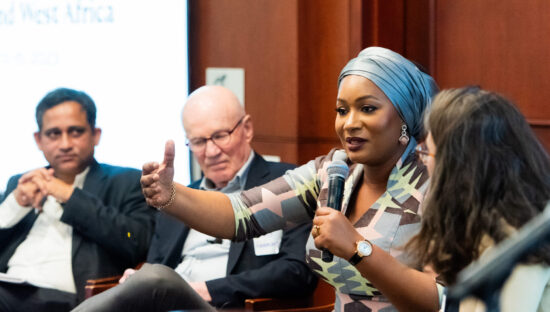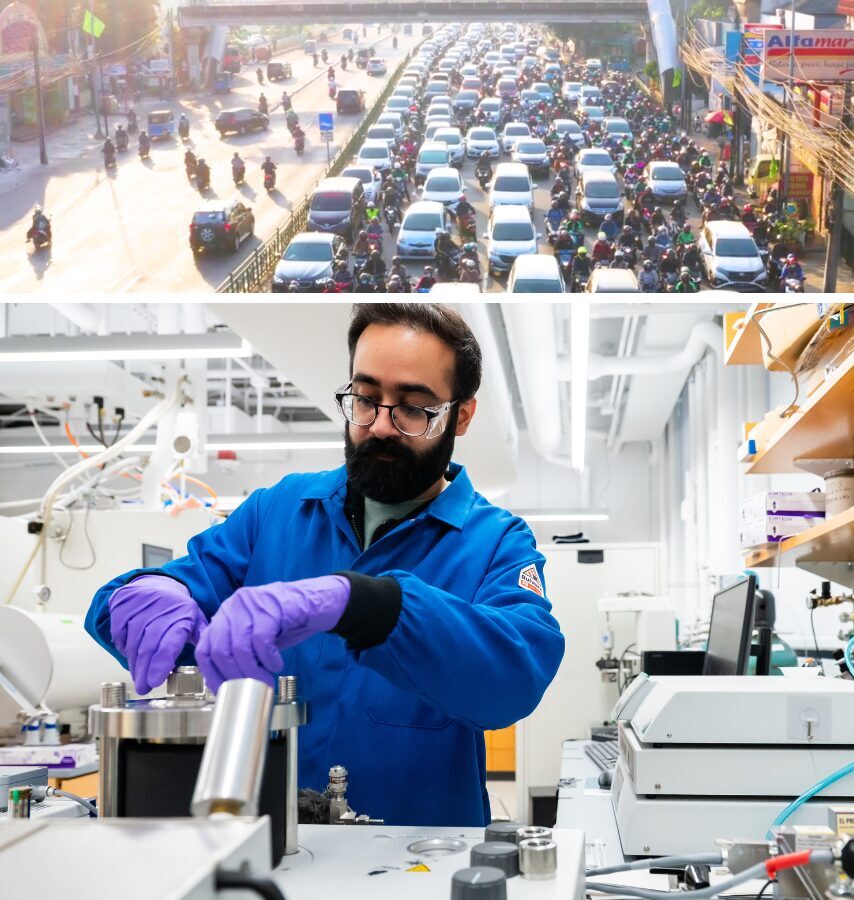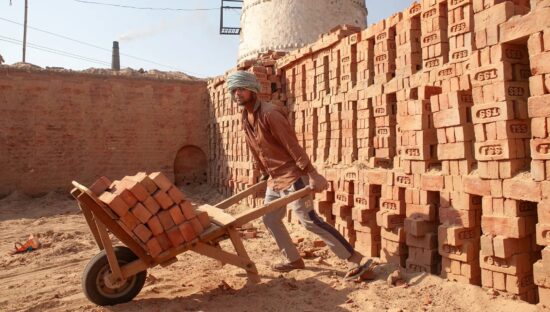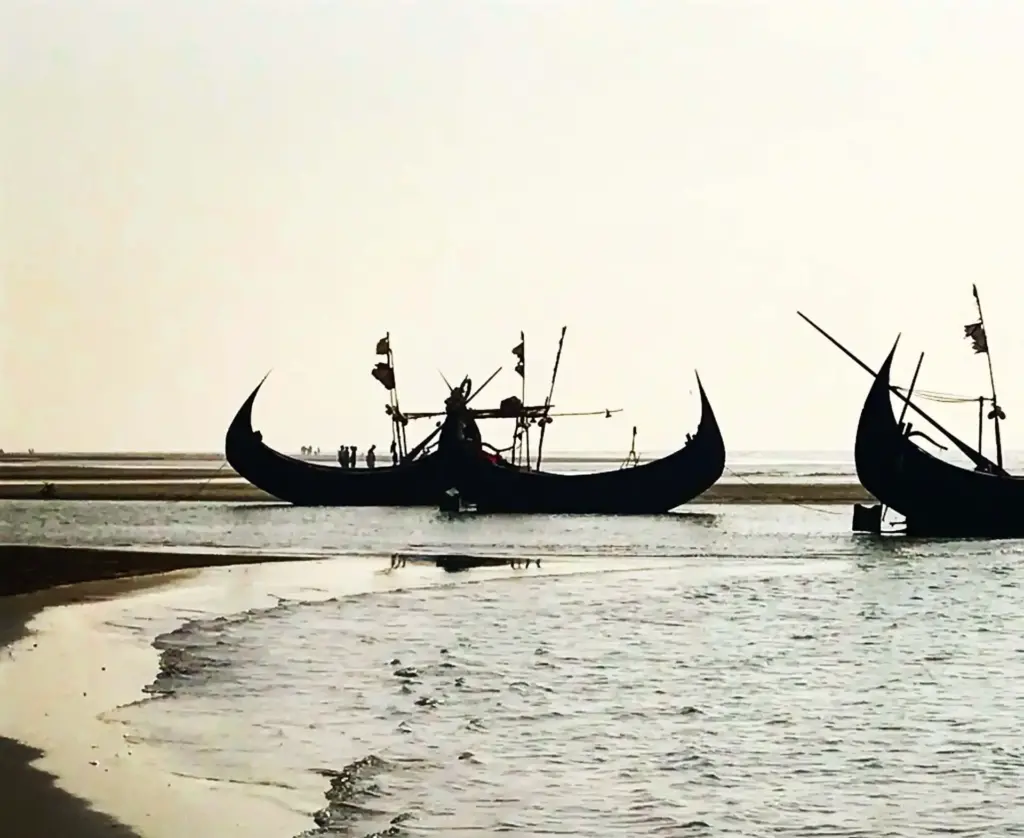
Climate Adaptation in South Asia
Summary
Climate Adaptation and Climate-Driven Migration in South Asia: Building an International Research Network for Long-Term Impact
Climate change is affecting South Asia – home to two billion people – in devastating ways. Adverse impacts disproportionately fall on poor households, which account for the vast majority of those affected in the region, and manifest in a variety of intersecting ways, including loss of wages, deteriorating health, increasingly inadequate shelter, loss of protection mechanisms for women, girls, and the disabled, gravely impaired food security, and obliteration of savings. Extreme weather events in the short terms and drought, floods and rainfalls on longer time horizons will make it hard for millions to continue to live where they are, forcing many to adapt to their changing environs, or move. Such migration must be anticipated and planned for, in the absence of which millions of lives and livelihoods will be at stake.
Currently, the information required to measure, understand, and address these overlapping risks in South Asia is not easily available to policy makers or scientists. The Cluster will fill this gap by working with partners to build data repositories to generate new, and validate existing, knowledge about the implications of environmental changes on flooding, heat, drought, and agricultural production in communities most at risk in India, Pakistan, and Bangladesh. Building on long-standing collaborations in the region, the Cluster will use existing and novel data sources, ranging from remote sensing data to locally collected information, to create repositories of relevant data from environmental sensors, satellites, mobile devices, qualitative surveys, government databases and community-sourced variables with spatial and temporal granularity at the village level. Bringing together and analyzing these datasets will facilitate the identification of priorities and targets for intervention.
In this work, the Cluster is collaborating with in-region partners to ensure that local concerns inform a collaborative process of goal setting and developing a shared scientific vision. Partners include international agencies; nodal governmental agencies; leading policy research institutes; and social entrepreneurs. These partnerships ensure that adaptation planning is driven by the voices and concerns of the region’s vast labor force that primarily works in the informal economy as daily wage earners, farmhands, street vendors, constructions workers and more.
The Cluster will work closely with our partners to identify, co-create, test, and bring to scale climate adaptation strategies including technological, health, financial, policy and educational interventions that anticipating, mitigate or support migration when livelihoods and habitats are impacted by droughts, floods and sea-level rise. Such interventions may range from habitat modifications, to community-led surveillance for infectious diseases, to expanding insurance to include extreme weather events, to local, regional, and national plans for responding to climate change induced disruptions across timescales.
The Cluster’s research outputs will inform policymaking in the region and generate knowledge applicable in other geographic settings.

Caroline Buckee

Tarun Khanna

Satchit Balsari

Daniel P. Schrag

Peter John Huybers

Jennifer Leaning

Hélène Benveniste

P. Gregg Greenough

Emmanuel Akyeampong

Lucas Vargas Zeppetello

Robert Meade

Kartikeya Bhatotia

Solomon Hsiang
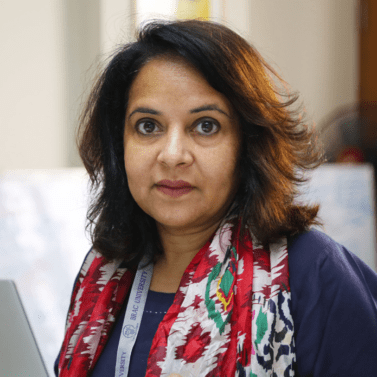
Sabina Faiz Rashid

Mihir Bhatt

Bhargav Krishna

Akshay Jaitly
Highlighted News
MORE NEWS
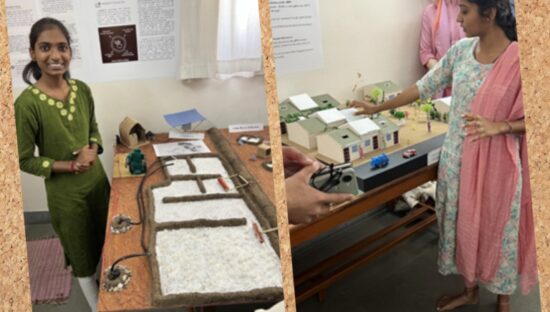
Field Notes from India: Climate Adaptation from the Ground Up
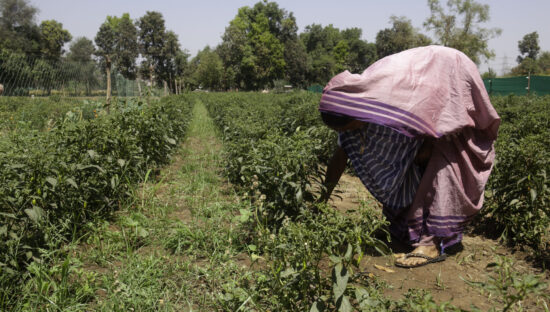
Caroline Buckee explains her team's extreme-heat research in India

PBS NewsHour Features Climate Research Cluster on Adaptation in South Asia
Policy Brief: Climate Change in South Asia: Requisites for a Sustainable Future
